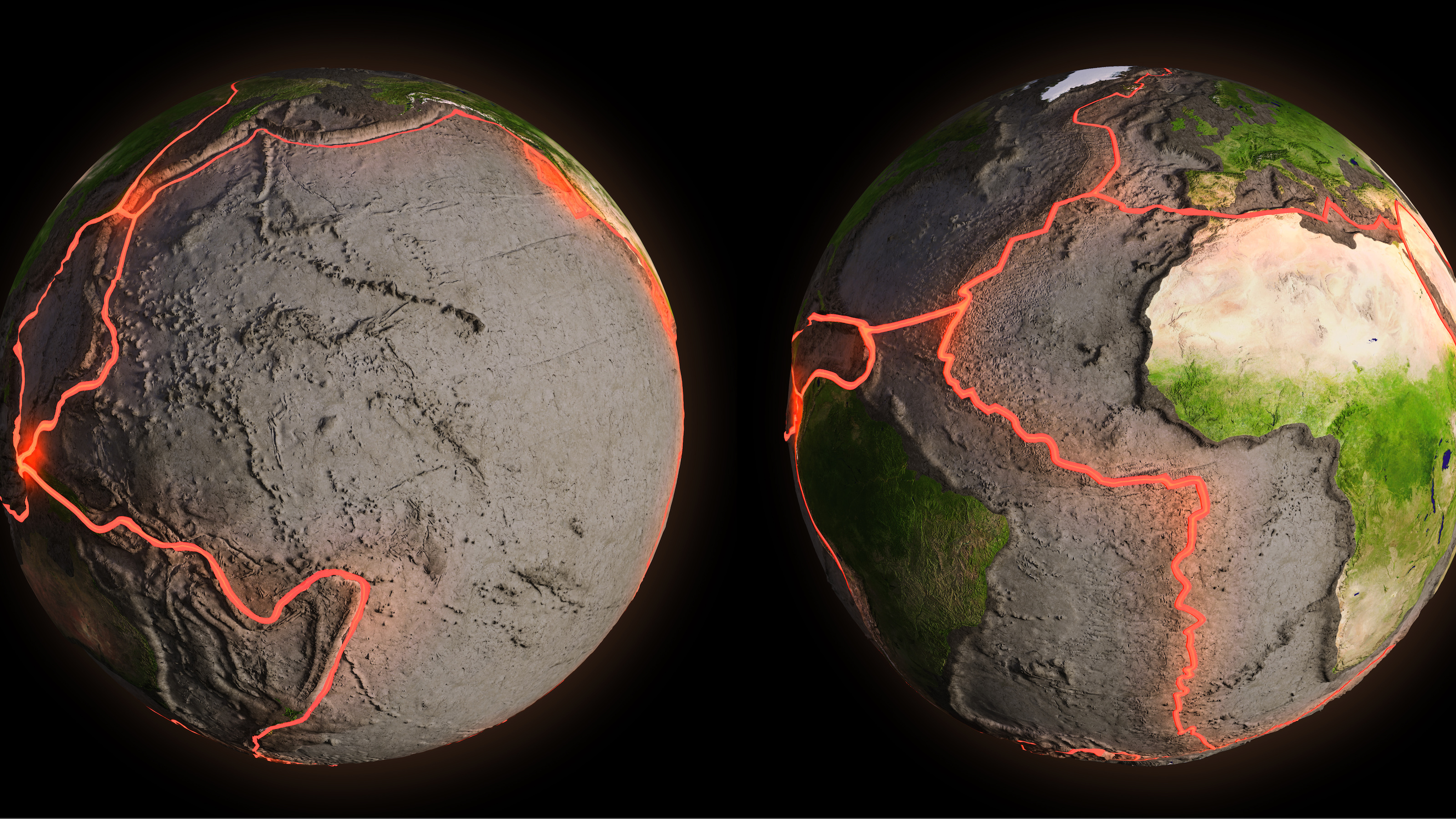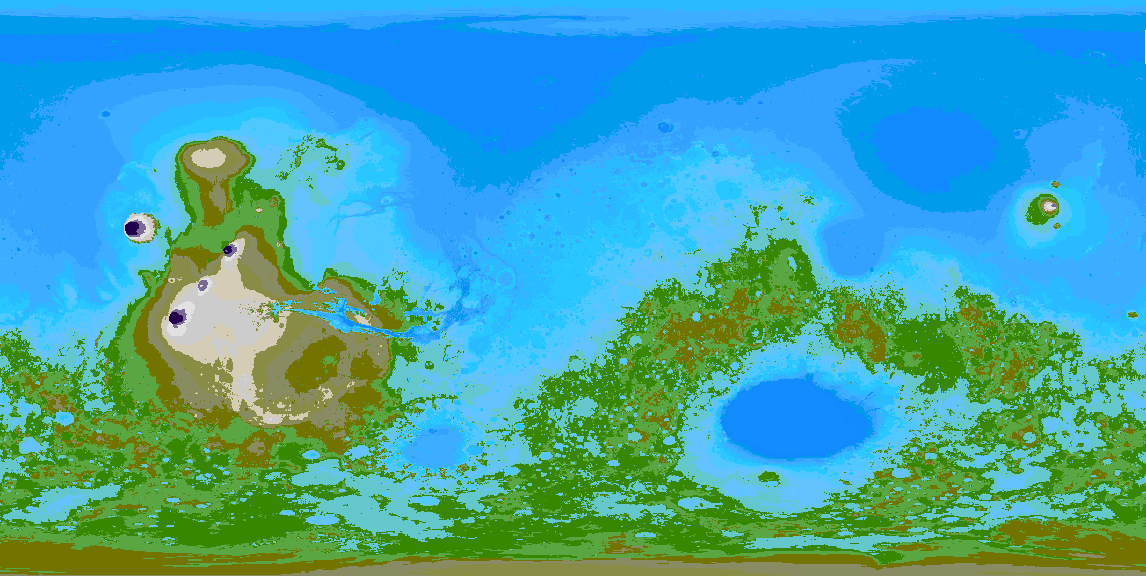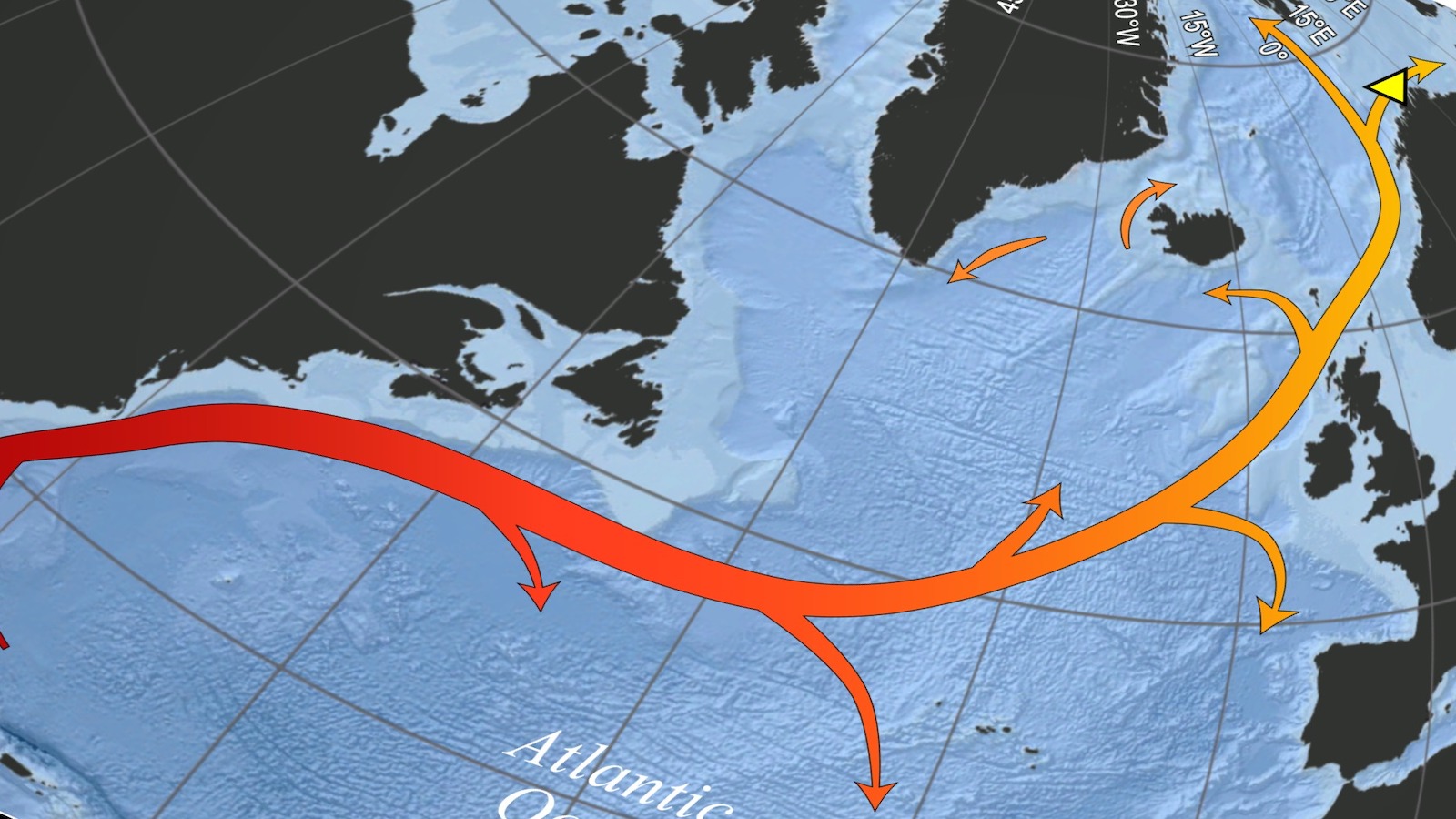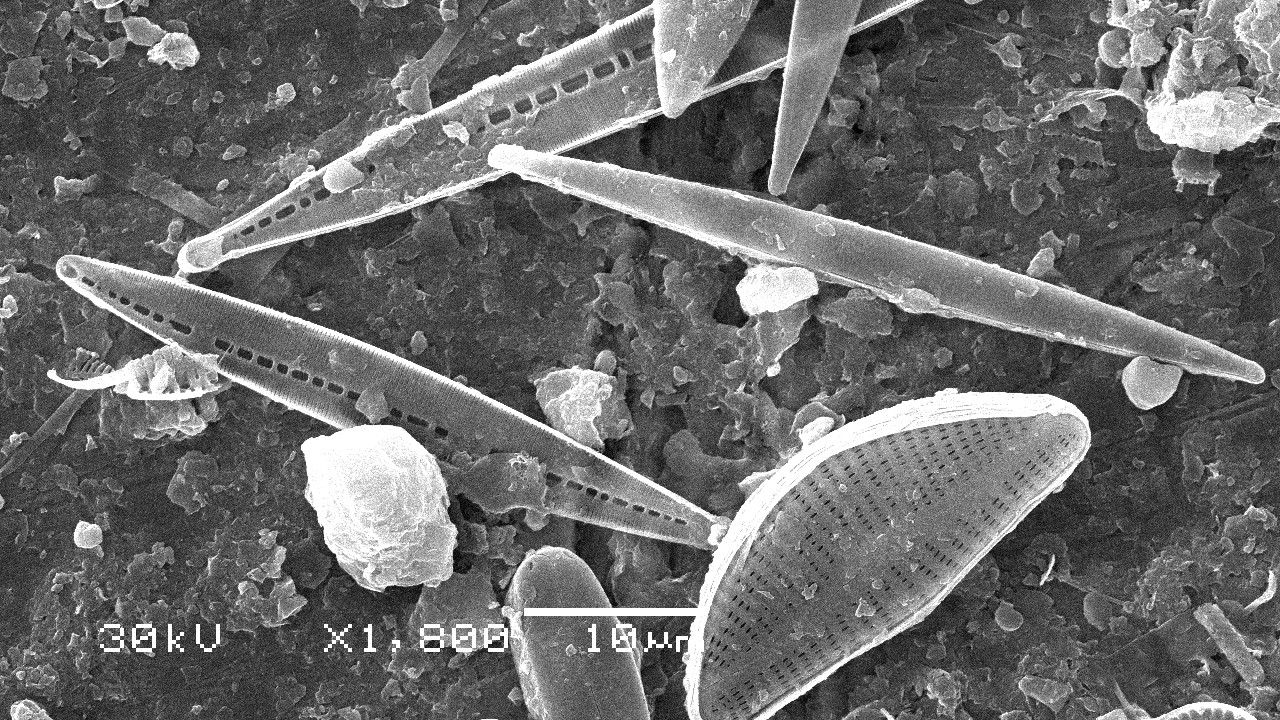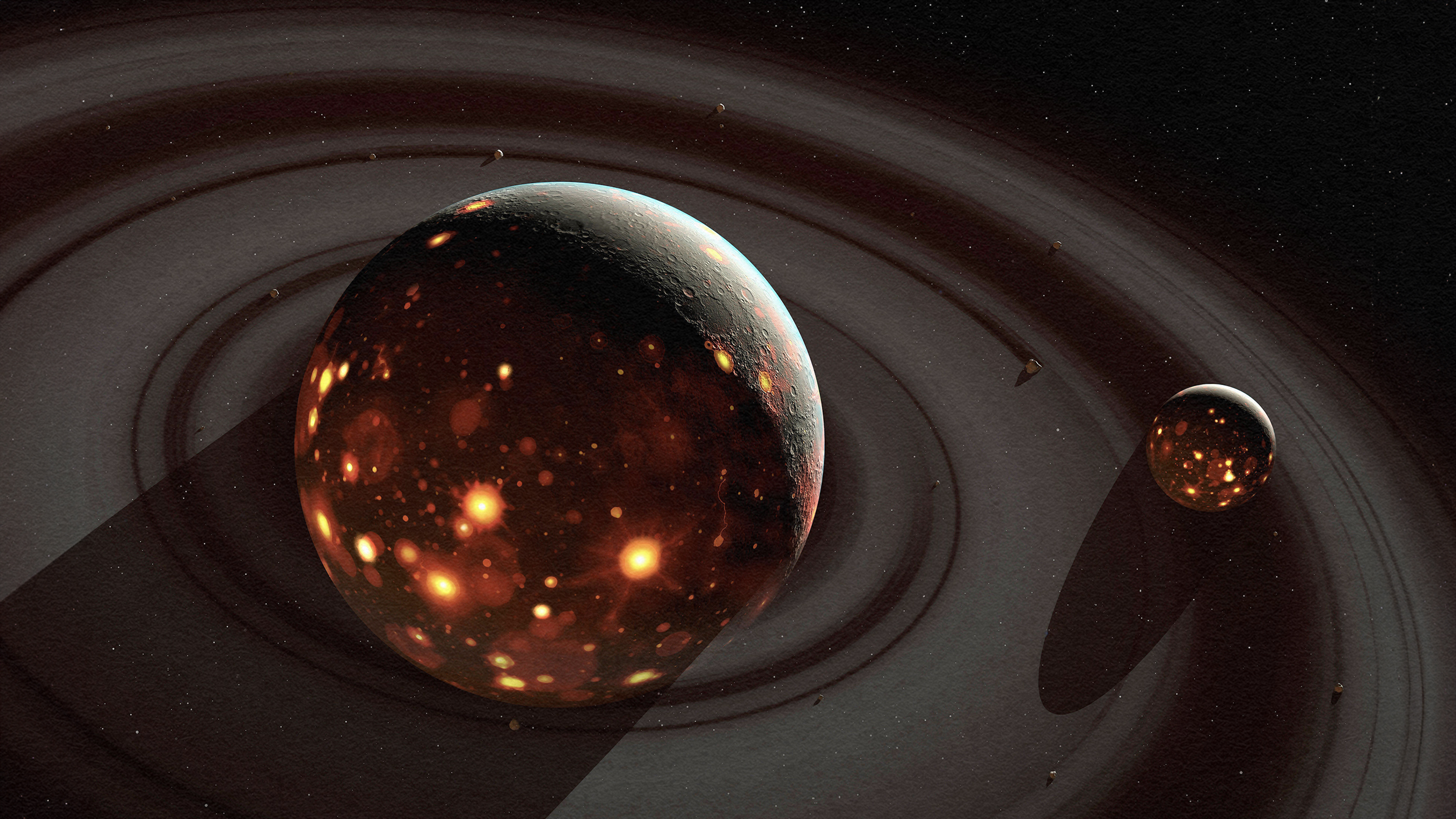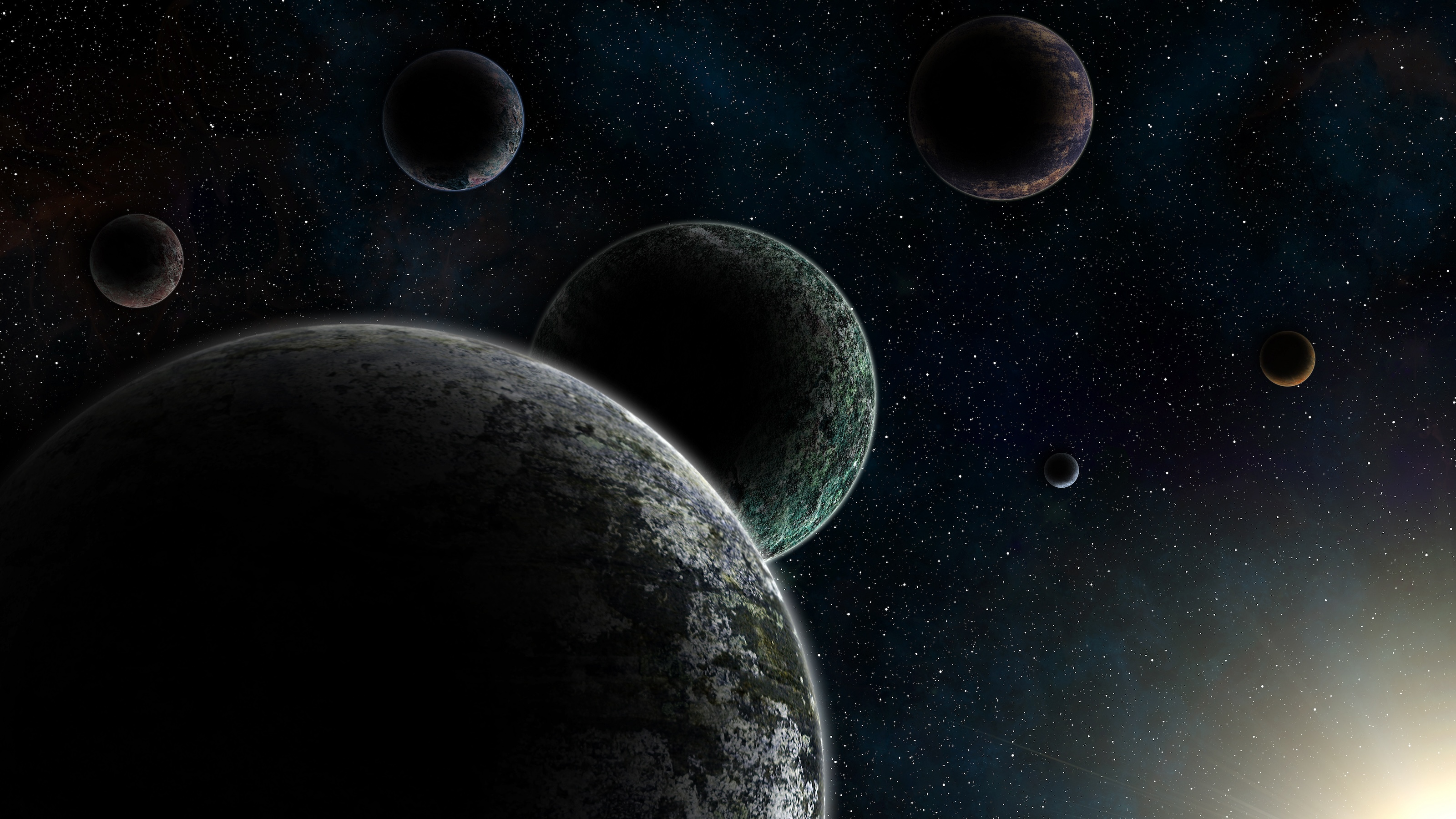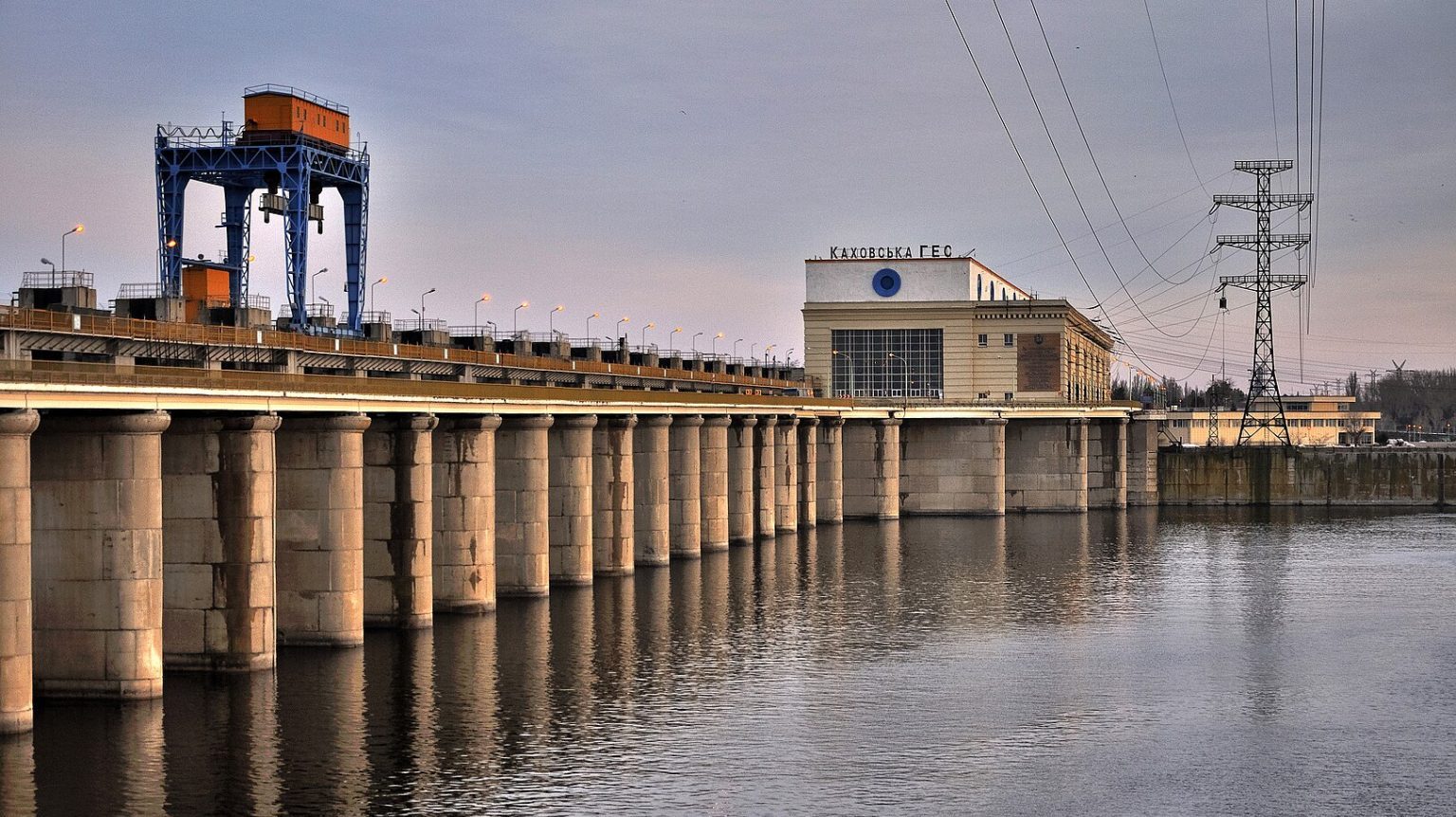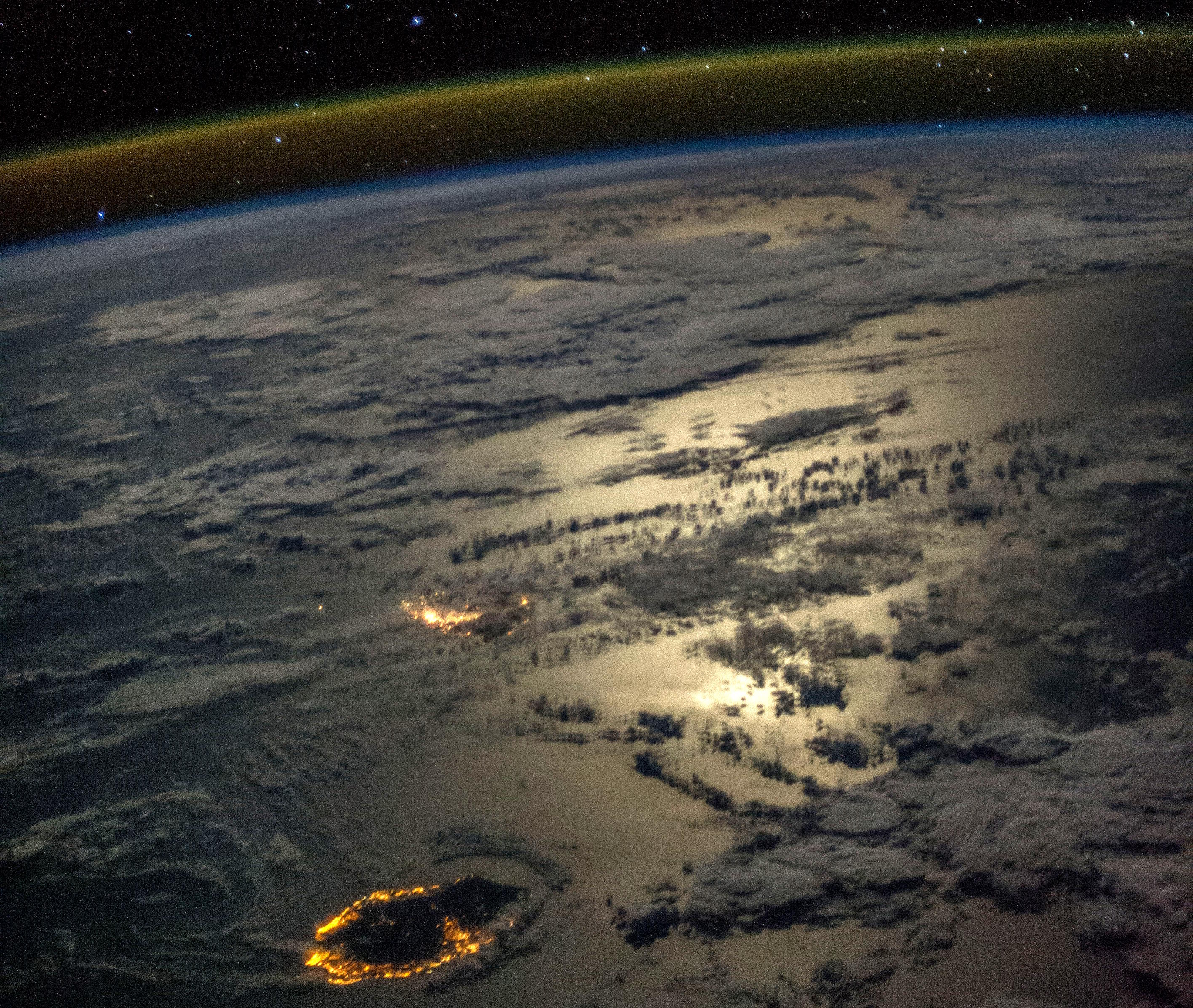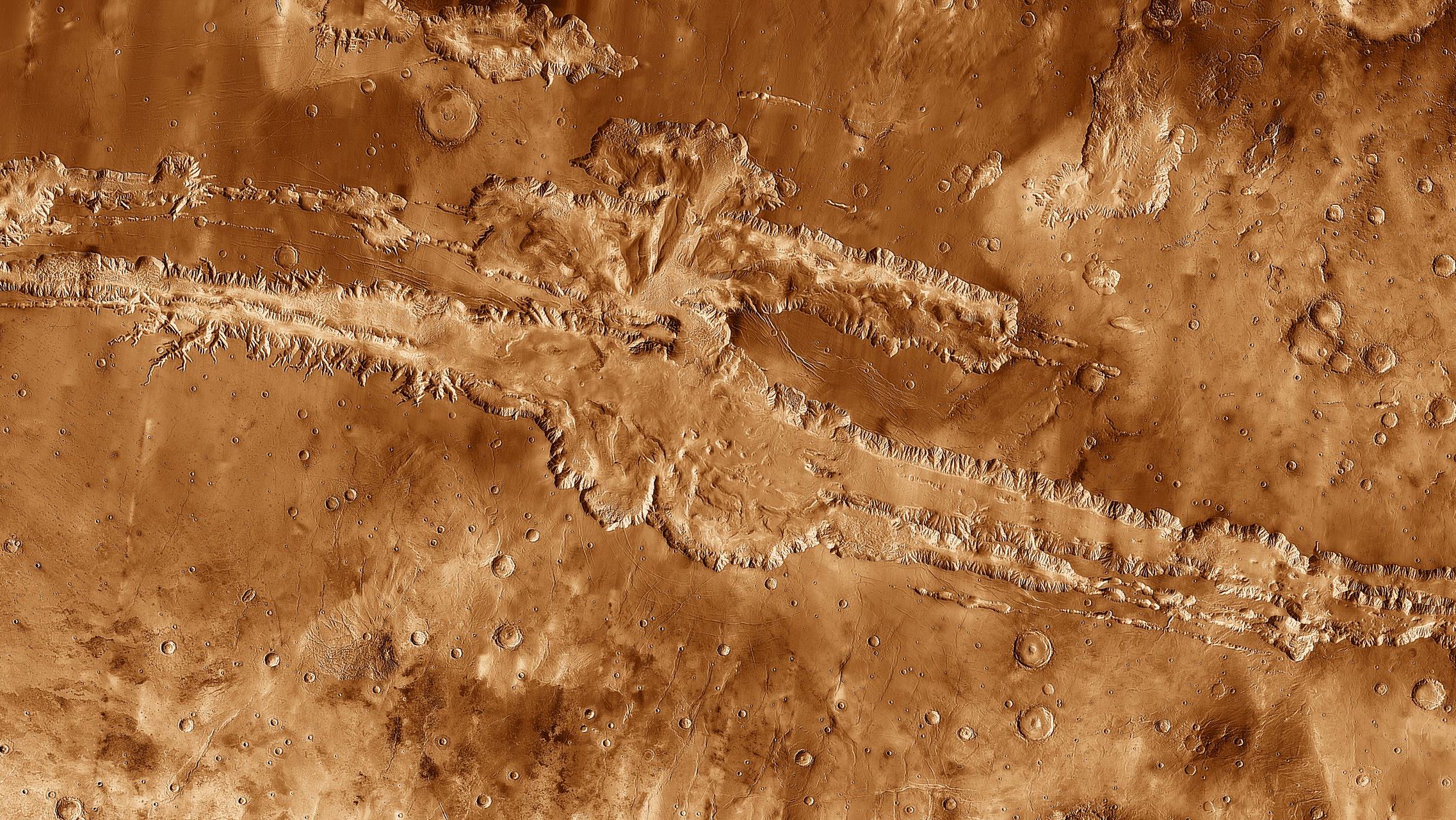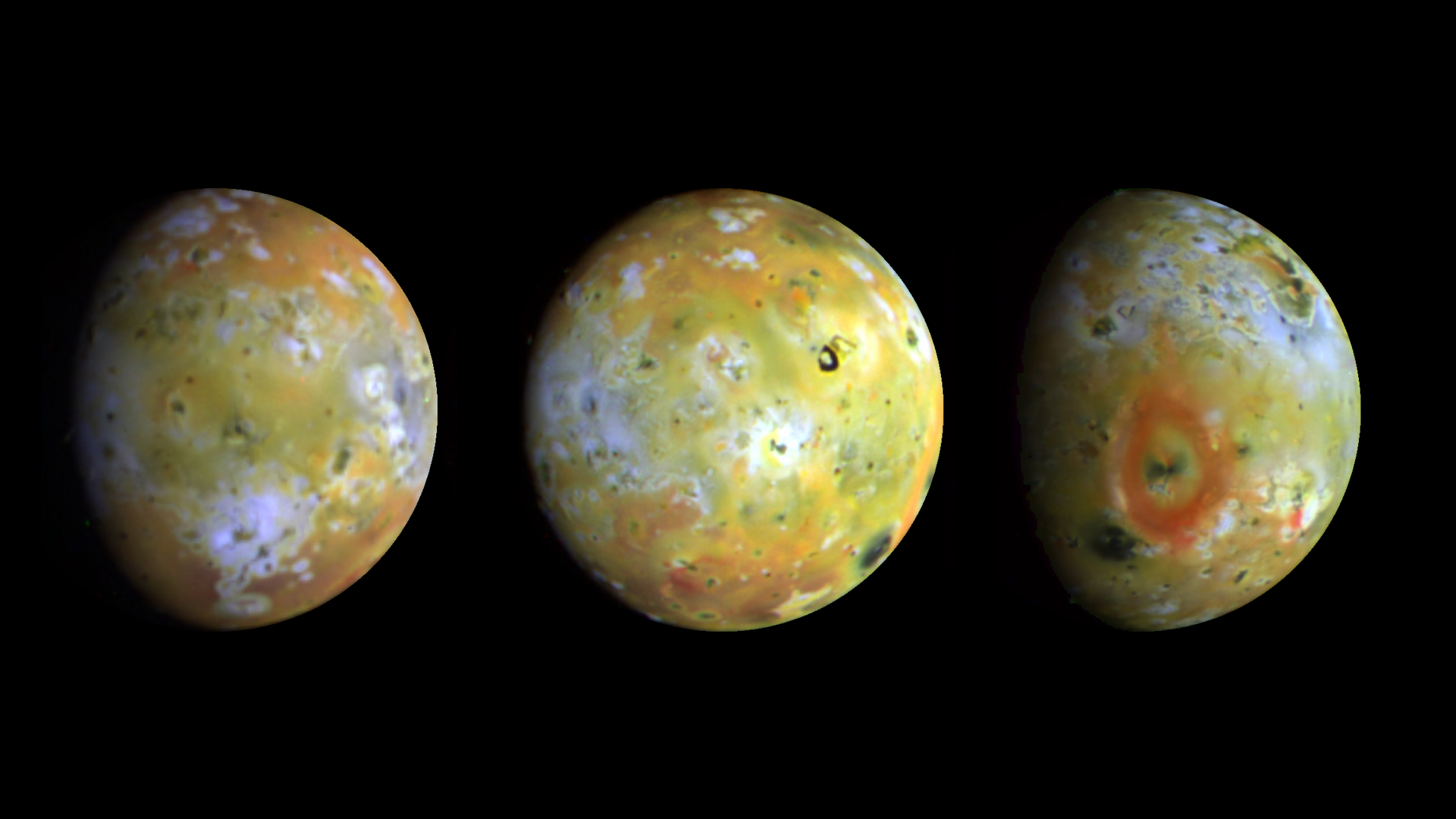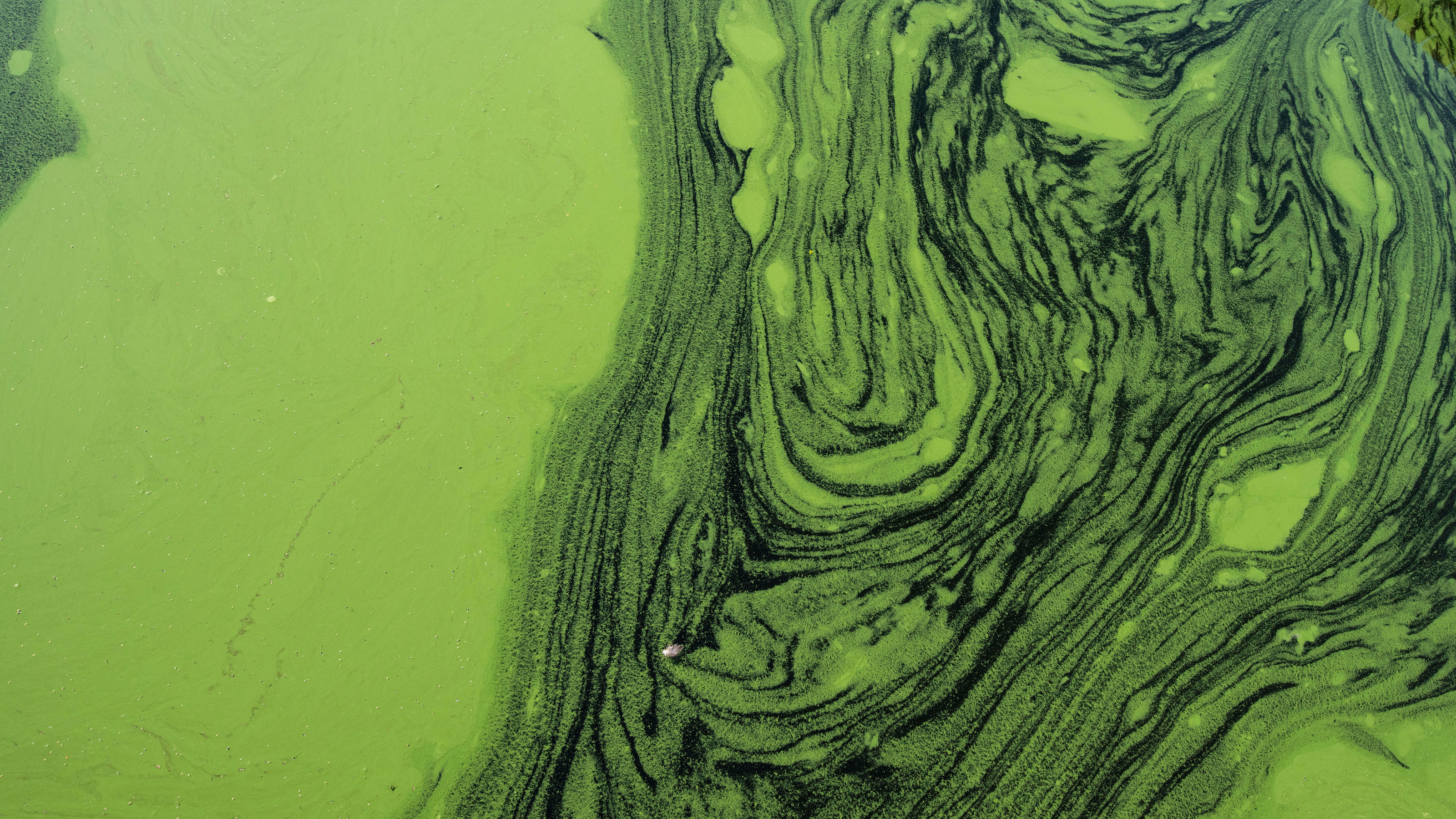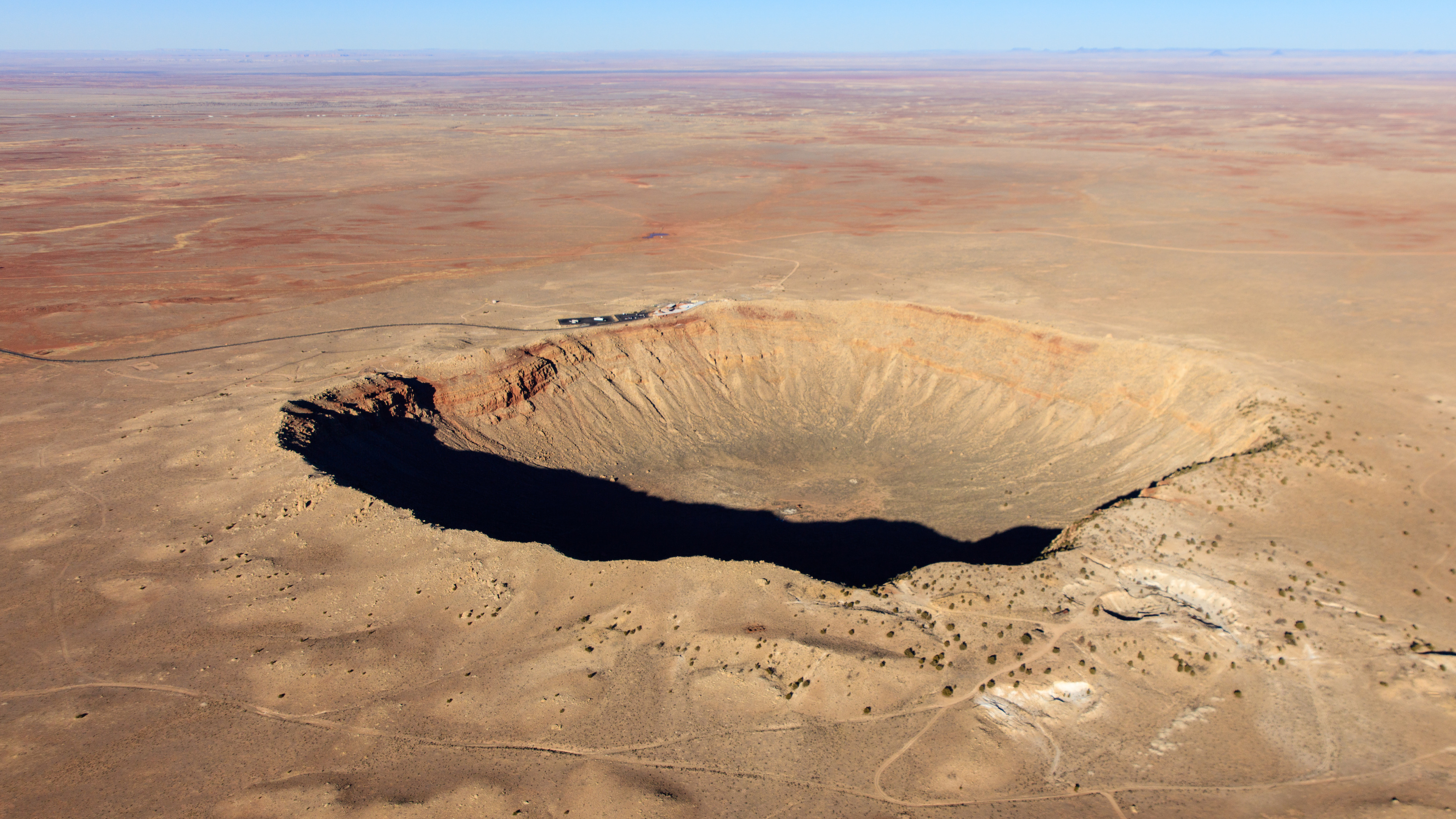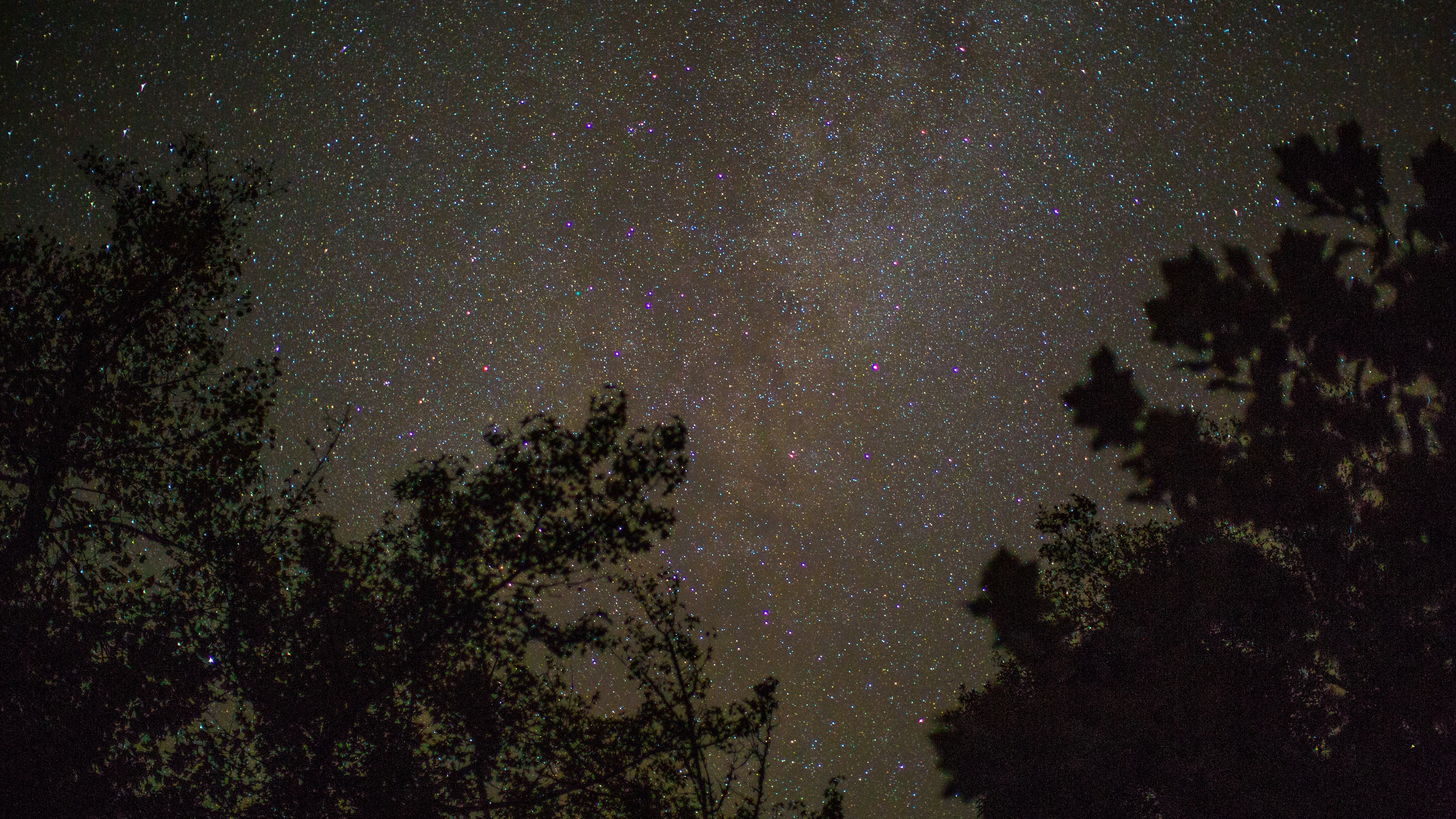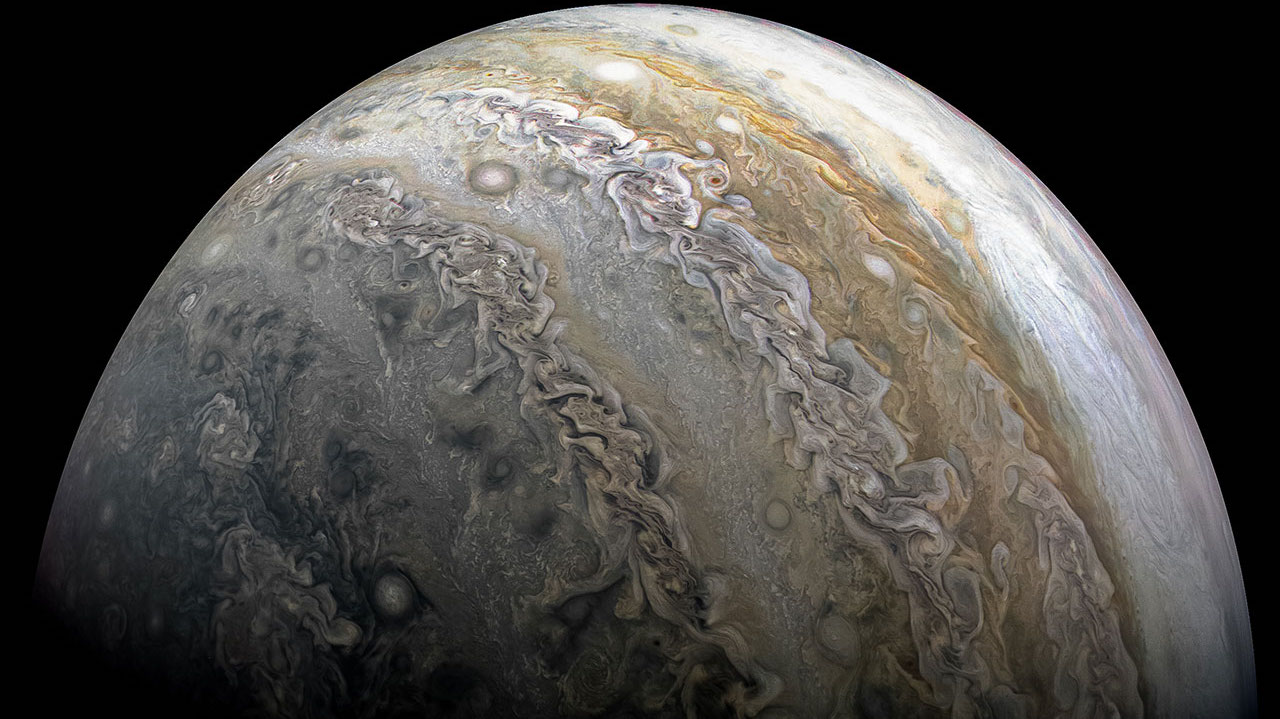It could make enough drinking water for a family of four.
Search Results
You searched for: Water
Flashy desalination technology is more costly and cumbersome than many other solutions.
If cocaine affects sharks at all, it does so as an anesthetic, not as a stimulant.
The cycles of life all rely on the dynamism of the Earth's crust.
The 1,200-year-old "Book of Ingenious Devices" contains designs for futuristic inventions like gas masks, water fountains, and digging machines.
Fire-retardant gels and slimes combine the best attributes of water and foam.
Chemical changes inside Mars' core caused it to lose its magnetic field. This, in turn, caused it to lose its oceans. But how?
The solution involves the infamous Navier-Stokes equations, which are so difficult, there is a $1-million prize for solving them.
If we're going to discuss oceanography and climate change, we should at least identify the currents correctly.
Each year, several trillion pounds of microscopic silicon-based skeletons fall down the water column to pile up into siliceous ooze.
Looking at our planet with post-Copernican eyes has the power to change how we relate to it and each other.
Our cosmic home, planet Earth, has been through a lot over the past 4.5 billion years. Here are some of its most spectacular changes
Salt causes a dehydration-like state that encourages the conversion of the starch in the french fry to fructose.
The TRAPPIST-1 system is a treasure trove of possibilities and questions. Observations by JWST have just begun.
You could send your potential paramour a perfume bottle, a cigar cutter, travel plans — or maybe some cocaine.
Destruction of the Ukrainian dam unleashed a catastrophic flood—and surfaced centuries of cultural heritage. Now there’s a call not to rebuild it.
Mercury, Venus, and Mars are all uni-plate planets, and may always have been. Here's what's known about why Earth, uniquely, has plate tectonics.
The way that the ancient Megalodon adapted to water temperature has important implications for modern marine creatures.
Valles Marineris is the Solar System's grandest canyon, many times longer, wider, and deeper than the Grand Canyon. What scarred Mars so?
On Earth, microbial growth is common in lava tubes no matter the location and climate, whether it’s ice-volcano interactions in Iceland or hot, sand-floored lava tubes in Saudi Arabia.
Civil engineer Martin Lebek has a brilliant plan to redress the world’s phosphorus imbalance.
Many impact craters on Earth have been erased thanks to wind, water, and plate tectonics. But scientists have clever ways to find them.
Anyone up for a crisp, blonde ale?
For many years, some cosmologists embraced the idea of an eternal, steady state universe. But science triumphed over philosophical prejudice.
The intensely white coloration of the shrimp is a remarkable feat of bioengineering.
Wizbang innovations capture the public’s imagination, but thoughtful, incremental development is often more valuable to those in need.
Innovative thinking has done away with problems that long dogged the electric devices — and both scientists and environmentalists are excited about the possibilities.
In the beginning, genes weren't needed.
They are expected to be cheaper to build and even more reliable than today’s nuclear plants.
The outer planets' clouds hide the weirdness within.



